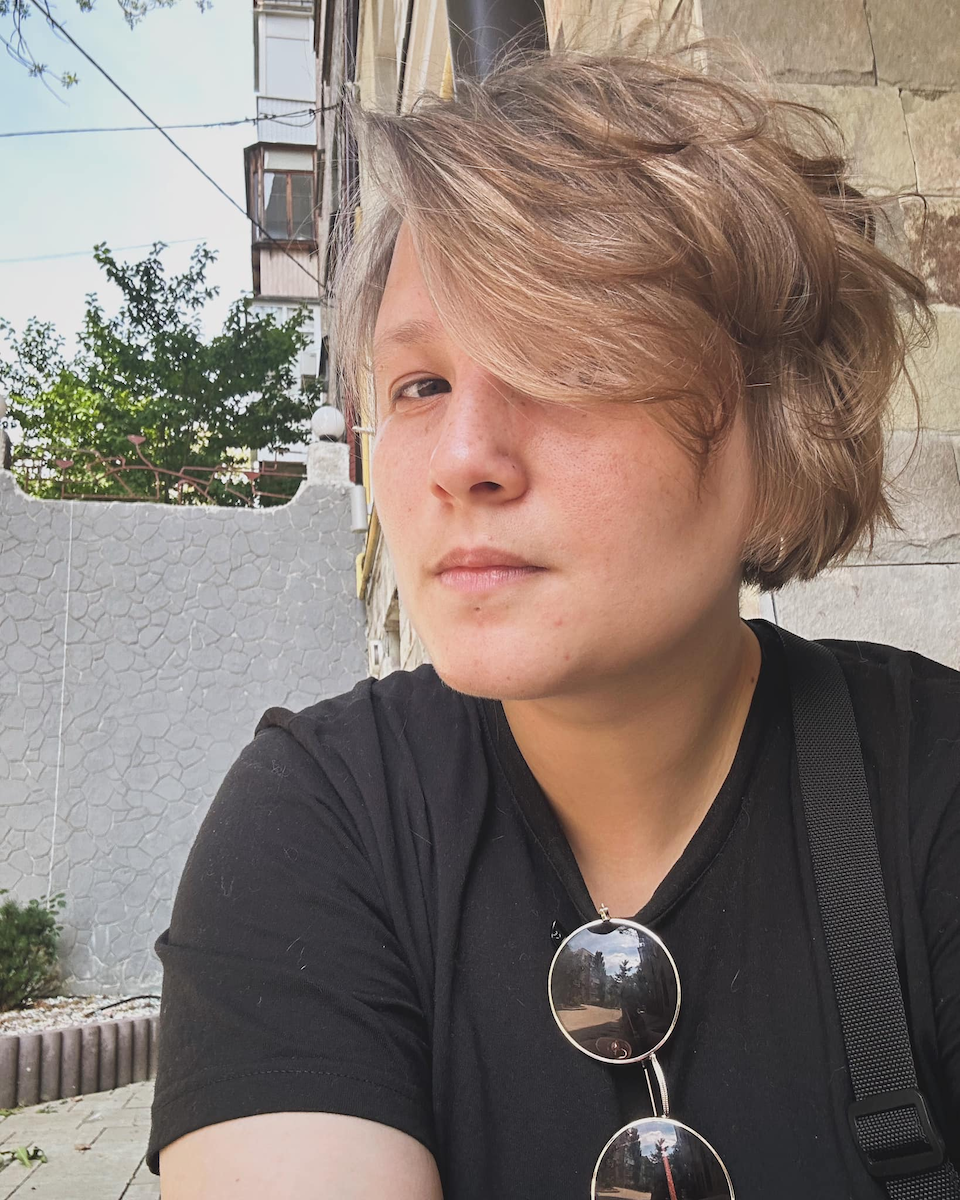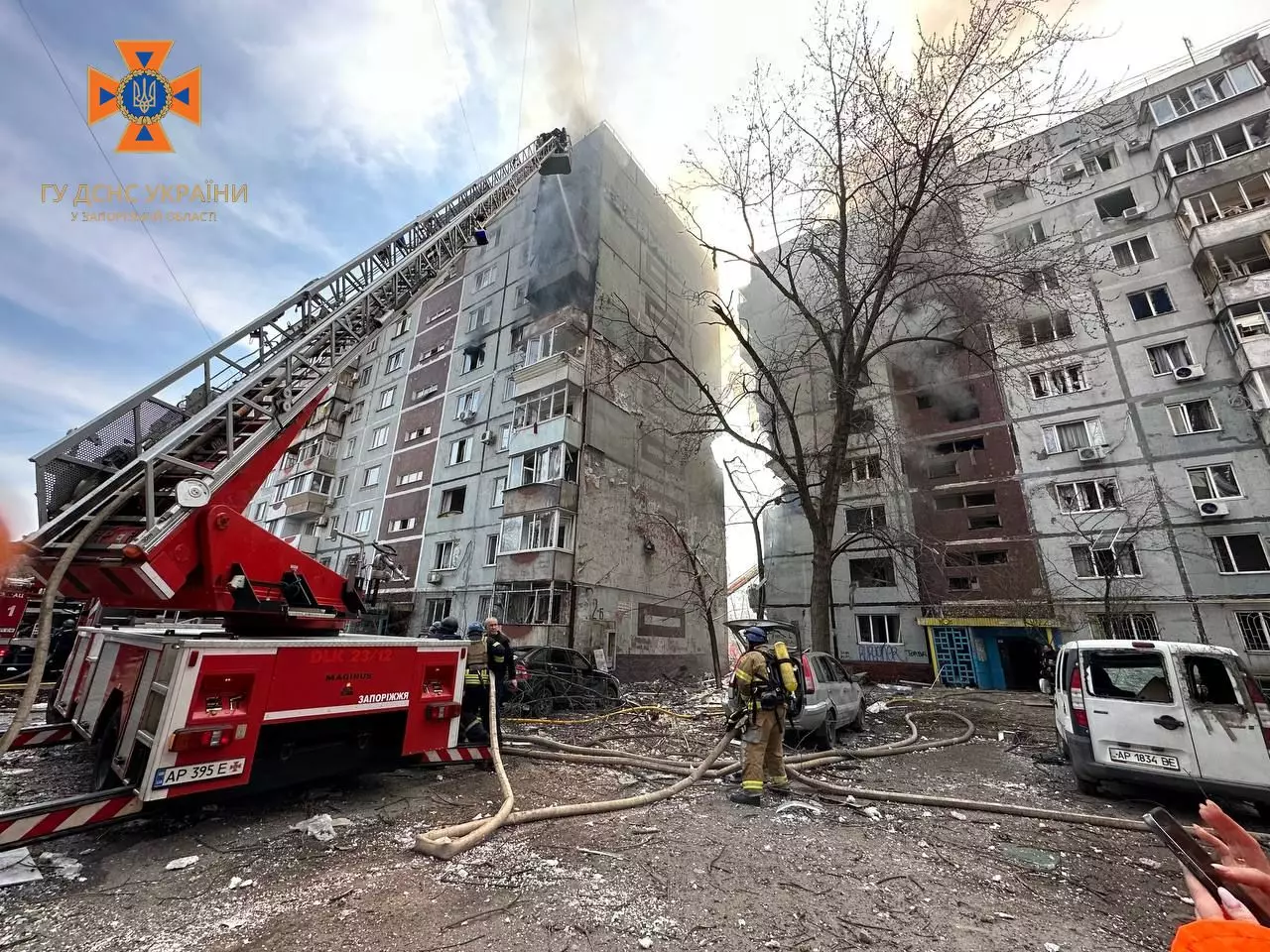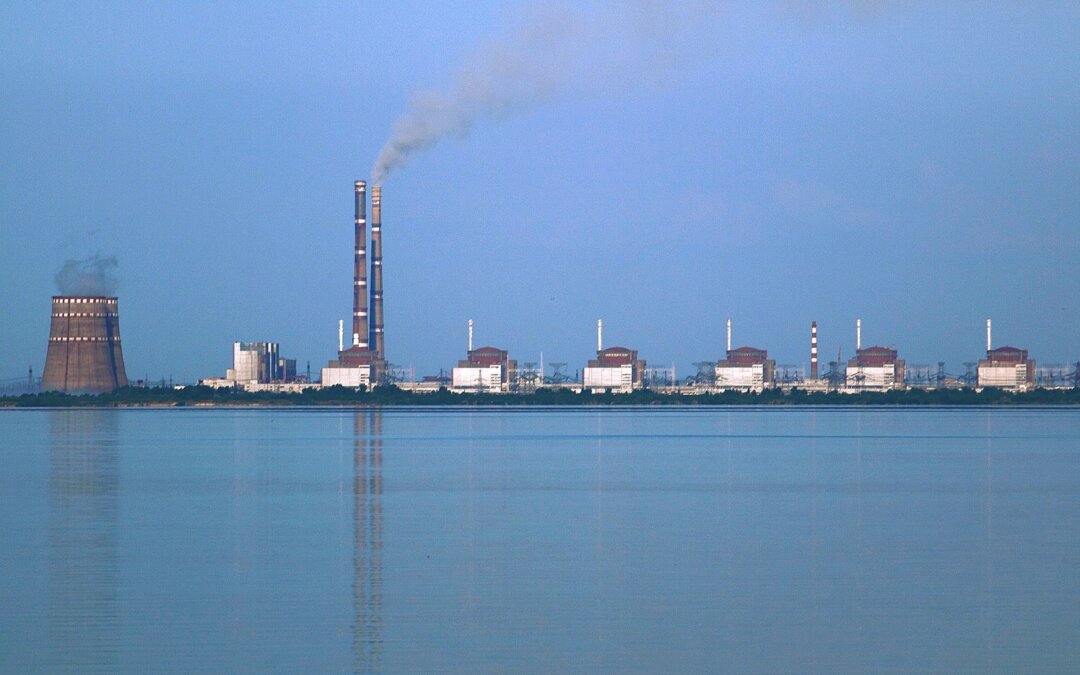Trump’s Impact: Ukraine’s Queer Community Unites Against New Challenges
Four years ago, at the end of February 2021, I was sitting in a small room of the queer human rights organisation Insight, almost in the heart of Kyiv. There were about thirty other girls with me, mostly of 18-20 years. The oldest in the room was Anna, a short blonde woman in her forties. ‘Remember that you are not Navy SEALs,’ Anna instructed us, ’Don’t try to detain anyone. The police are nearby — turn to them immediately.’
That meeting was the last one of the security volunteers at the Women’s March, which is held annually in Ukraine on 8 March. It was my first time in the rally as a volunteer, not as a participant. I was interested to understand how everything works from the inside and how the organisers protect the participants from aggressive far-right. Olena Shevchenko, the head of Insight and an openly gay woman, has been working for years to ensure that such rallies were attended by several thousand people, not just a hundred. Even foreign ambassadors have joined them, but never any important Ukrainian officials. ‘Olena Zelenska refused to support us,’ Olena Shevchenko told me about her communication with the first lady in March 2021.
In March 2022, the next March did not take place and has never happened since. The reason is not only that mass gatherings are prohibited during martial law in Ukraine. First and foremost, it is short-sighted to hold such a large-scale event during a war with a country that has made homophobia part of its state policy. It is unlikely that Russia would have missed the opportunity to attack a march organised by an openly lesbian woman.

Yuliana Skibitska, private photo
The war also caused an extremely important event to go almost unnoticed: in June 2022, Ukraine ratified the Istanbul Convention, which the queer community had been demanding for years. I hate to admit it, but it is likely that if it hadn’t been for the war, the ratification would not have happened until now. The war also indirectly helped to finally bring the issue of civil partnerships to the legislative level. The specialised committee of the Ukrainian Parliament recommended approving the bill, and the president promised to sign it. However, it has not yet been voted on. But there is hope for this, as the bill is needed for Ukraine’s future accession to the European Union. If it weren’t for the war, this possible accession would have remained an unattainable dream.
However, even these very half-hearted measures are already a victory for the Ukrainian queer community. The full-scale war has shown that Ukraine, despite being a largely conservative and religious society, is ready to move towards inclusion and equality. It is no wonder that at the beginning of the invasion, many queer people voluntarily mobilised, such as openly gay Oleksandr Zhuhan or bisexual Anna Zyablikova. Queer human rights organisations set up shelters for refugees, raised money, and helped them travel abroad. The last issue was especially relevant for transgender people. Ukrainian men are not allowed to travel abroad during martial law. That’s why transgender women with male gender in their passports were trapped.
Of course, the invasion has also united the queer community itself, which had not been cohesive until 2022. ‘We had our first psychological groups at a time when we couldn’t turn on the lights in the evening [due to light masking measures],’ designer and queer activist Natasha Lobach tells me. The curfew started at 5pm and lasted for two days, but we managed to meet and were very happy.’
Natasha lives in Zaporizhzhia, a frontline city in southern Ukraine and also my hometown. Most of this region has been occupied by the Russians for three years, and the city itself is regularly shelled by drones and KABs — controlled powerful bombs. Nevertheless, Natasha feels comfortable staying there. Even in such a dangerous place, the queer community continues to live. Natasha says that the audience that comes to their events has become much younger. Lesbians aged 25+, she continues, have split into two categories: some have left and are unlikely to return, while others have stayed and started doing things they had long put off. For example, getting dogs, buying cars and doing repairs.

Apartment buildings in Zaporizhzhya damaged as a result of a Russian missile attack, April 22, 2025. via Wikimedia Commons
Donald Trump’s victory, or rather his subsequent actions and statements regarding Ukraine, became for us something like a Russian invasion. Simply because we didn’t want to believe in such turn of events, and also because it was an unexpected stab in the back from the main ally. The first blow was the closure of USAID, which helped hundreds of Ukrainian organisations and independent media. ‘My long-term work with the media ended because of the closure of USAID,’ says Natasha Lobach. ’Not just projects are being closed, but entire organisations’.
But the worst part is the feeling of betrayal. The trust in democratic institutions in Ukraine was unconditional. That’s why Ukrainians decided to fight at a time when everyone predicted a quick defeat. Now this trust is gone. ‘Today, a representative of the world’s largest democracy [Steve Witkoff] is openly discussing the possibility of handing over my city [Zaporizhzhia] to Russia’s occupation — because it is supposedly in its interests and legal right,’ adds Anna Redko, a Ukrainian queer activist and human rights trainer. ‘This ‘democracy’ is rapidly slipping into outright fascism’.
But, as in the case of the war, Donald Trump has united Ukrainians who are used to rallying together in dark times. The last year in Ukraine has been difficult. Tension was in the air, and the unity that existed in 2022 disappeared. Conflicts and quarrels increased, as did the gap between people — those who left and those who stayed, those who went to war and those who did not, those who supported the president and those who did not. And even between those who consider themselves to be queer and those who consider it unnatural. Now Ukrainians have a common enemy again, so they shouldn’t look for it inside. Will it last? Hardly anyone will dare to answer that question.
P.S. On 18 March, Trump and Vladimir Putin had a telephone conversation, during which the Russian president seemed to agree to a one-month truce and promised not to shell Ukraine. On the afternoon of 20 March, Natasha Lobach wrote to me that in recent days, KABs had stopped flying to Zaporizhzhia. In the evening of the same day, the Russians dropped about six such bombs on the city suburbs. The next day, Russian drones killed an entire family in Zaporizhzhia. ‘A truce,’ Natasha wrote to me ironically. ‘A truce,’ I thought in Kyiv, trying to sleep while listening to the explosions of Russian drones.
This article was originally published in German in the May/June’25 issue of L-Mag
Nothing beats good old email
For our monthly newsletter, we pick the most important news and analysis,
and add selected content and art from queer creators.
